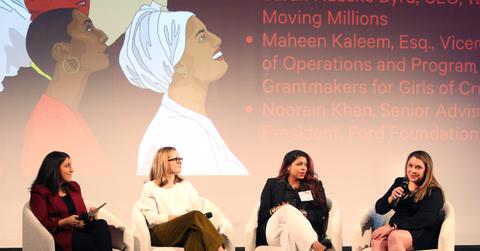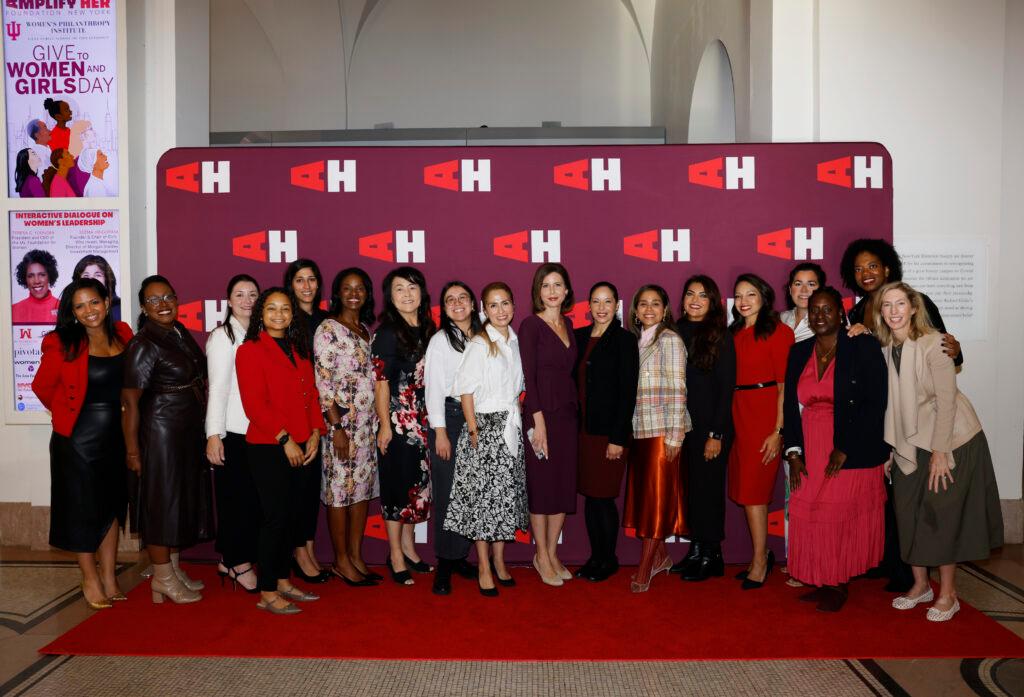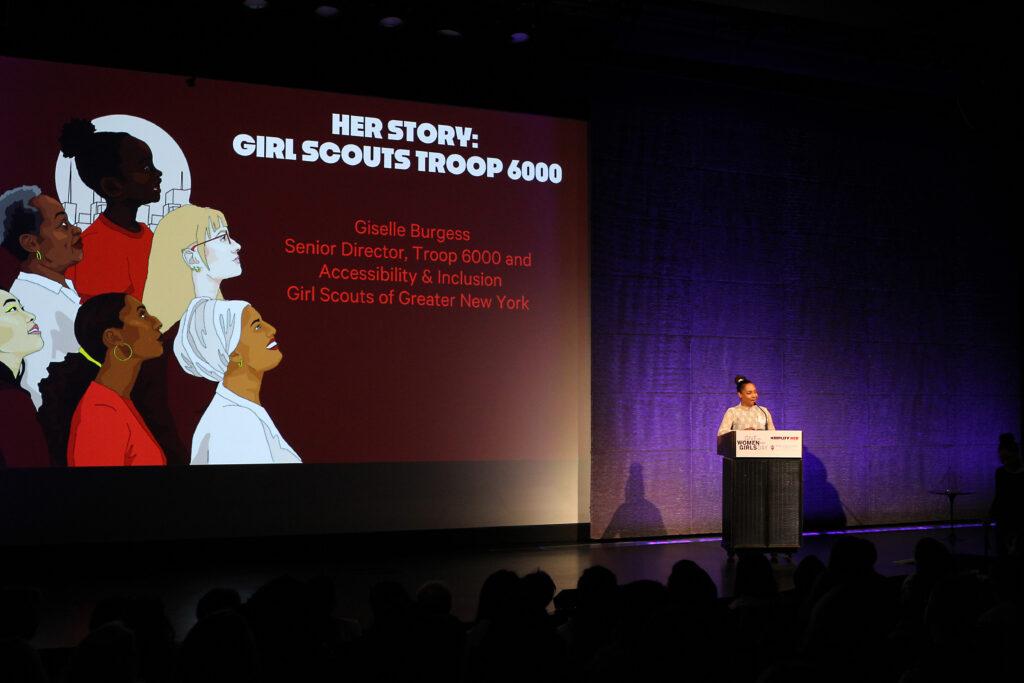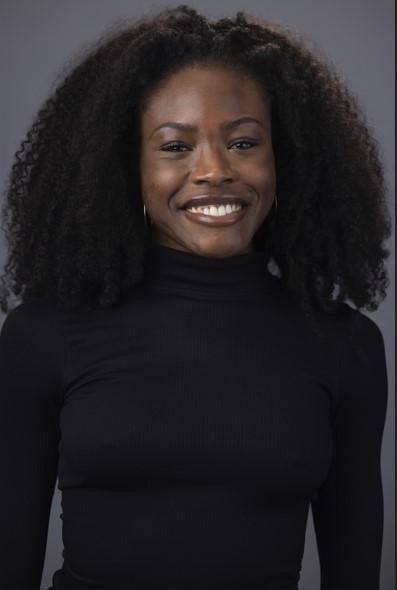Give To Women And Girls Day Event Uses Data And Research To Drive Philanthropic Support

From left to right: Noorain Khan, Senior Advisor to the President at the Ford Foundation and Girl Scouts of the USA, Sarah Haacke Byrd, CEO of Women Moving Millions, Maheen Kaleem, Esq., VP of Operations and Programs for Grantmakers for Girls of Color, and Jacqueline Ackerman, Interim Director of the Women’s Philanthropy Institute (
The 2024 Give To Women and Girls Day inaugural event highlighted the importance of funding women and girls organizations. According to data gathered from the Women and Girls Index (WGI), donations to women and girls’ organizations falls below 2% of all charitable donations since 2021. Although this percentage represents over $10 billion in donations, the disparity between them and other demographic groups remains. The Amplify Her Foundation and the Women’s Philanthropy Institute (WPI) teamed up for this event on International Day of the Girl to amplify the need to invest in their development.
Using Data To Drive Change
Compared to other philanthropic events, Give To Women and Girls Day uses data and research to highlight the gaps where women and girls need the most funding. Jacqueline Ackerman, interim director of the WPI, believes that women shouldn’t be afraid to ask for funding.
“We spent a lot of time talking about women’s leadership, and we’re talking about spaces where women can grow, thrive, become leaders, and have the support that they need and the way cleared for them,” she told Her Agenda after the event.

Finding Funding Pain Points And Tracking Progress
She also spoke on the “Driving Giving: Insights From the Women and Girls Index” panel alongside Maheen Kaleem, Esq. VP of Operations and Programs for Grantmakers for Girls of Color and Noorain Khan, senior advisor to the president at the Ford Foundation and Girl Scouts of the USA. Maheen spoke about using data and research to find gaps in their own advocacy. Her president, Dr. Monique Couvson, found that research on the underinvestment of Black, Brown, and other gender-expansive youth of color illustrates the narrative that folks in this group are “fine,” leading to investors to not care enough about Black girls to invest in their betterment.
“There’s an assumption that when we give to women, that it trickles down to girls and that is not the case,” Maheen said during the panel. She also spoke to using data and research within Girl Scouts of the USA to track the progress of girls and the families they serve over time.
“Our latest strategy is based on long form studies of families, of girls, post covid. Their lives transformed radically and we need to know what they’re experiencing and both qualitative and quantitative data has driven that,” says Khan.
Advocating For Girls In The Shelter System
Girl Scouts also helps provide resources to women and girls in underserved communities. Giselle Burgess, senior director of accessibility and inclusion at the Girl Scouts of Greater New York, started Troop 6000 for girls to join despite their socioeconomic background. After entering the New York City shelter system as a single mom of five in 2016, she found that the family intake center she lived in didn’t have a sense of community. While working as community development specialist for Girl Scouts at the time, Burgess decided to start the first NYC shelter based Girl Scout troop.

Giselle Burgess, Senior Director of Accessibility and Inclusion at the Girl Scouts of Greater New York, sharing the story behind starting Girl Scout Troop 6000
Troop 6000 started with seven members in 2017 and grew to serving 2500 women and girls across 40 NYC shelters in seven years. As the troop grows, Burgess sees girls grow their confidence in themselves and learn how to stand up for themselves and each other. Troop 6000 also acts as a place for mothers to connect and grow into leadership positions within the troop. She attributes her own growth to working with Girl Scouts.
“I started off by dropping my kids off to Girl Scout meetings and running away for an hour and a half and hiding to being roped in by [chief development officer of Girl Scouts of the USA, Meredith Maskara] to take 30 brownies up to camp with no Girl Scouting experience, to working for Girl Scouts, to starting Troop 6000 every step of the way,” Burgess told Her Agenda after the event.
True Change Starts With Women And Girls
With $1 million already committed before the event, the Amplify Her Foundation and WPI hope this event establishes a commitment to continue to raise awareness for funding women and girls’ organizations. Systemic change begins with centering their needs in order to effectively empower leadership among women and girls.






